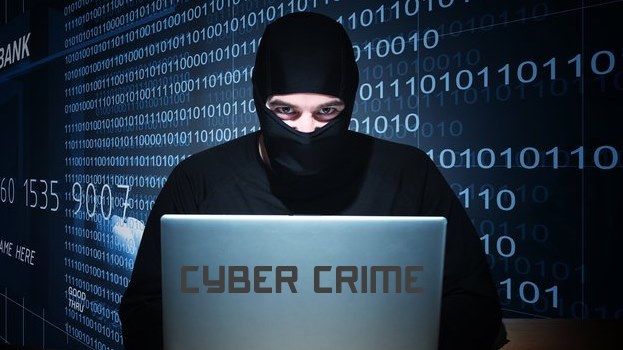The internet, a double-edged sword. It connects us globally, fuels our careers, and entertains us endlessly. But lurking in the shadows of the digital world is a sinister threat: cyberstalking. Unlike physical stalking, it can be insidious, its tendrils creeping into your online life unnoticed.
As a young Nigerian journalist in the bustling heart of Lagos, I understand the constant online presence we cultivate. But what happens when that presence becomes a target? Here’s how to identify the telltale signs of cyberstalking and protect yourself:
1. The Unwanted Guest List:
Friend requests from unknown profiles, creepy comments on your social media, or even multiple accounts following your every move – these are red flags. Cyberstalkers often infiltrate your online circles, creating fake profiles or using anonymous accounts to keep tabs on you.
Tip: Be cautious of accepting friend requests from strangers. Look for mutual friends, a clear profile picture, and a decent amount of activity before hitting “accept.” If someone makes you uncomfortable, block them immediately.
2. The Fortune Teller:
Does someone seem to know a little too much about your life? Do they casually mention details you haven’t shared publicly, like your favourite hangout spot or your weekend plans? This could be a sign the stalker is gathering information from your social media, friends, or even hacking into your accounts.
Tip: Review your privacy settings on all social media platforms. Restrict who can see your posts, location tags, and friend lists. Enable two-factor authentication for added security.
3. The Gift (That Wasn’t):
Receiving unexpected gifts or deliveries at your home or workplace can be unsettling. Cyberstalkers might use online information to track down your address and send you unwanted items to intimidate or manipulate you.
Tip: Never share your home address or specific location online unless absolutely necessary. If you receive unwanted gifts, report them to the police and the delivery company.
4. The Commentator:
Does someone constantly bombard your posts with negative or threatening comments? Cyberstalkers might use online platforms to harass you, trying to provoke a reaction or control your online behaviour.
Tip: Don’t engage with negativity. Report harassing comments to the platform’s administrators and consider blocking the user.
5. The Digital Shadow:
Have you noticed a sudden drop in followers or a decrease in engagement on your social media? This could be a sign of a cyberstalker trying to silence you or damage your online reputation.
Tip: Document any attempts to sabotage your online presence. Take screenshots and report the activity to the platform. Consider taking a break from social media if the harassment gets out of hand.
6. The Impersonator:
Cyberstalkers might create fake social media profiles pretending to be you. They could use these accounts to spread rumours, damage your relationships, or even commit online fraud.
Tip: Be proactive! Search your name online periodically to see if any impersonator accounts exist. Report them immediately to the platform.
7. The Unexplained:
Sometimes, the feeling of being watched is enough. Unexplained account lockouts, strange device activity on your accounts, or a persistent feeling of unease could all be signs of cyberstalking.
Tip: Trust your gut. If you feel unsafe online, change your passwords for all accounts immediately. Consider using a password manager for strong, unique passwords.
Remember, You’re Not Alone:
Cyberstalking is a serious crime. If you suspect you’re being targeted, don’t hesitate to report it to the authorities. Here in Nigeria, the Cybercrime (Prohibition, Prevention, etc.) Act 2015 criminalizes cyberstalking. You can also report the abuse to the platform where the stalking is happening. Being cyberstalked can be scary, but remember, you’re not powerless. By recognizing the signs, taking action to secure your online presence, and seeking help when needed, you can take back control of your digital life. Stay safe online, fellow Nigerians!











